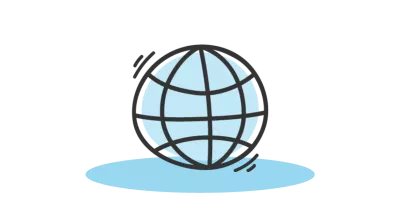Child protection
Every child has the right to live free from violence, exploitation and abuse.

Overview | What we do | Reports | Data | News
Children experience insidious forms of violence, exploitation and abuse. It happens in every country, and in the places children should be most protected – their homes, schools and communities. Violence against children can be physical, emotional or sexual. And in many cases, children suffer at the hands of the people they trust.
Children in humanitarian settings are especially vulnerable. During armed conflict, natural disasters and other emergencies, children may be forced to flee their homes, some torn from their families and exposed to exploitation and abuse along the way. They risk injury and death. They may be recruited by armed groups. Especially for girls and women, the threat of gender-based violence soars.
Harmful cultural practices pose another grave risk in various parts of the world. Hundreds of millions of girls have been subjected to child marriage and female genital mutilation – even though both are internationally recognized human rights violations.
No matter the circumstance, every child has the right to be protected from violence. Child protection systems connect children to vital social services and fair justice systems – starting at birth. They provide care to the most vulnerable, including children uprooted by conflict or disaster; victims of child labour or trafficking; and those who live with disabilities or in alternative care. Protecting children means protecting their physical and psychosocial needs to safeguard their futures.
What we do
UNICEF works in more than 150 countries to protect children from violence, exploitation and abuse. We partner with governments, businesses, civil society organizations and communities to prevent all forms of violence against children and to support survivors. Our efforts strengthen child protection systems to help children access vital social services, from birth through adolescence.
During a humanitarian crisis, we provide leadership and coordination for all actors involved in the response. Our programming focuses on protecting children from explosive weapons and remnants of war; reunifying separated children with their families; releasing and reintegrating children associated with armed groups; preventing and addressing gender-based violence; and safeguarding children from sexual exploitation and abuse. We also work with United Nations partners to monitor and report grave violations of children’s rights in armed conflict.
Alongside communities, we accelerate the elimination of harmful practices, such as child marriage and female genital mutilation.
We also support governments with policy, legislation and regulatory frameworks that give more children access to social services and justice.
Throughout all we do, we listen to young people to ensure their needs drive our work.






